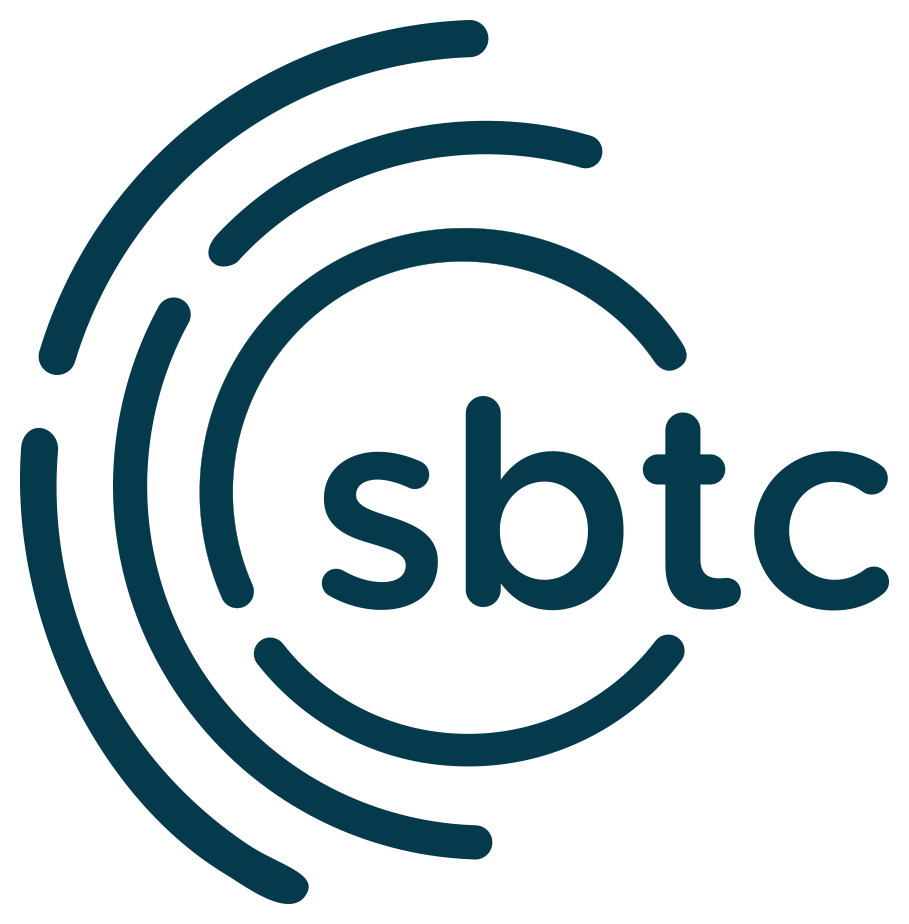COVID has forced all of us to think through the efficiency and effectiveness of everything that we do in the church. One item getting close examination is big events. For student ministry, that equates to DNows, retreats and summer camp. Each of these events is crucial in the year-round strategy of student ministry, so we should be slow to diminish or delete the significance of camp or any of our events when it comes to student ministry.
We must understand the importance of big events and how they play into the bigger vision of student ministry. Camp is one of those cornerstone events currently under the magnifying glass as it usually demands a large percentage of our budget and other resources.
When you begin to think about camp for 2021, consider the following points in your decision making:
Camp allows you to craft a week that is entirely focused on the gospel.
From the moment students wake up, their schedule is strategically planned to include places for gospel conversations to happen. They are hearing multiple teachings a day, reading through devotionals that point them to the cross and so much more. In these moments, students are called to think more intentionally about the gospel and how it affects them.
When students are surrounded by a gospel influence, it creates a safe environment for them to ask their hard questions. Some of the common questions that come up at camp are “Do I have a saving faith in Jesus?” “What is God calling me to do when I get back home and with the rest of my life?” “I am the only believer in my family—how can I continue to grow in my faith back home?” “I am struggling with *insert sin here*; how can I overcome this?”
When students are saturated in a schedule of quiet times, worship and breakouts, they are in a position to think about, and meditate on, questions that would not normally come up in a conversation. These questions are not new to students, but naturally come out in conversations during camp.
Camp is a pressure cooker for students to build relationships with their peers and leaders. When you do the math, you’ll find that the group you bring to camp will have around 80 hours together in five days. It would take seven months, if you had students together three hours a week, to equal that amount of time. Lifelong friendships and mentorships are formed at camp because of the sheer amount of time that your group spends together. There is nothing like a bad meal, a fall off banana boats, a powerful night of worship, late night talks, celebrating students who make decisions, and one too many visits to the snack bar for candy to lay a foundation of shared experiences that will grow a great relationship for years to come.
Students are able to encounter church (with a big “C”) in a unique way. Few things compare to hearing hundreds of students who do not know each other being united under the banner of the cross, worshiping God. It is a picture of Ephesians 4:1-4 as we are united through only one thing—a saving relationship with Jesus Christ. Fifty-one weeks out of the year, students are with their local church, but for five days, they come together and see God move among other students from across Texas and the United States.
Camp allows students a reprieve of day-to-day pressures so they can simply be teenagers.
Church leaders often forget that our students need a place in which they can be kids and have fun. With the maturity level of Gen Z, it is easy to see them as young adults and not teenagers. Students need an outlet to drop the weight of expectations they put on themselves to achieve and to look to the future, and instead, enjoy the here and now.
In this time, we need to think back on our own camp experiences. There is just something about sleeping on thin mattresses, having the freedom to use all of your money at the snack bar and gathering with other churches for worship that cannot be replicated anywhere else outside of camp.
When you sit down to look at budgets and where adjustments need to be made, please do not be quick to deplete the camp budget because it is the biggest line item. Camps are still relevant. Camps launch students into revival. Camps cannot be easily replaced.









